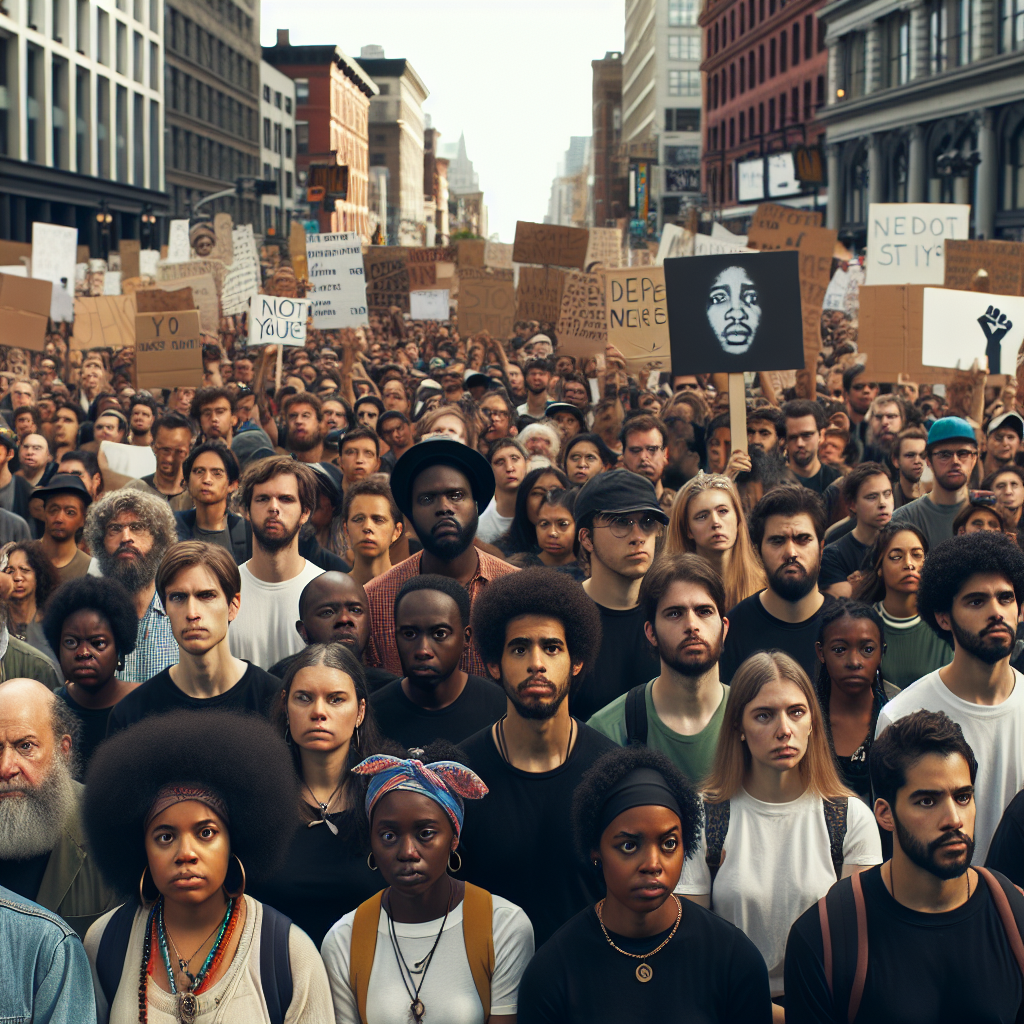UN Chief Condemns Deadly Crackdown on Madagascar Protests Over Power, Water
For many Malagasy citizens, recurring power cuts and water shortages have become a daily struggle, undermining livelihoods, schools, and healthcare facilities.

United Nations High Commissioner for Human Rights Volker Türk has voiced deep concern over the escalating violence in Madagascar, where at least 22 people have been killed and more than 100 injured following a wave of protests against chronic water and electricity shortages.
Protests Sparked by Utility Crisis
The unrest began in Antananarivo on 25 September, as residents took to the streets to demand reliable access to water and power—services that have been plagued by years of neglect, poor infrastructure, and rising costs. Demonstrations soon spread to at least eight other major cities, reflecting widespread public frustration with the government’s handling of basic utilities.
For many Malagasy citizens, recurring power cuts and water shortages have become a daily struggle, undermining livelihoods, schools, and healthcare facilities. The protests drew broad participation from students, workers, and community groups, with calls for urgent reforms and greater government accountability.
Violent Response by Security Forces
According to eyewitness accounts and reports received by the UN, security forces responded to the initially peaceful demonstrations with excessive force. Tear gas was fired indiscriminately, protesters were beaten and arrested, and in some instances, live ammunition was used.
The violence resulted in deaths not only among demonstrators but also among bystanders. Additional casualties occurred in subsequent looting and clashes involving unaffiliated gangs, highlighting the broader breakdown of public order.
“I am shocked and saddened by the killings and injuries in the protests over water and power cuts in Madagascar,” said Volker Türk. “Authorities must respect freedom of expression and peaceful assembly in line with their international human rights obligations.”
Calls for Accountability
Türk stressed that international human rights law strictly regulates the use of firearms by law enforcement, permitting them only when strictly necessary to protect life or prevent imminent serious injury. He urged Malagasy authorities to immediately halt arbitrary arrests, release detained protesters, and prevent further bloodshed.
The UN official also called for prompt, thorough, independent, and transparent investigations into the violence, warning that accountability was essential to restoring public trust.
Widening Unrest and Political Implications
Analysts note that the protests, though triggered by utility failures, have quickly taken on broader political dimensions. Madagascar has been grappling with economic difficulties, corruption allegations, and weakened institutions, leaving citizens increasingly disillusioned with state governance.
The government’s heavy-handed response risks inflaming tensions further, with fears that the unrest could destabilize a fragile political environment ahead of local elections scheduled for later this year. Civil society groups have warned that unless grievances are addressed, demonstrations may intensify and spiral into prolonged instability.
International Reaction
Human rights organizations have echoed Türk’s call, urging the Malagasy government to adhere to international standards on the use of force and to engage constructively with citizens’ demands. Diplomatic missions in Antananarivo have also expressed concern, with some calling for dialogue between the government and civil society leaders.
The crisis places Madagascar at a crossroads: either open the door to accountability and reform or risk deepening unrest that could jeopardize both human rights and long-term development.
ALSO READ
Kerala Assembly Uproar: Opposition Protests Speaker's Decision on BJP Leader's Remarks
Madagascar's Rising Tide: Youth Protests Challenge Rajoelina's Regime
Tensions Rise in Ladakh: Protests Marred by Violence and Arrests
Leh in Turmoil: Activist's Arrest Sparks Controversy and Protests
Madagascar Protests: Unyielding Youth Demand Change Amid Tragedy










